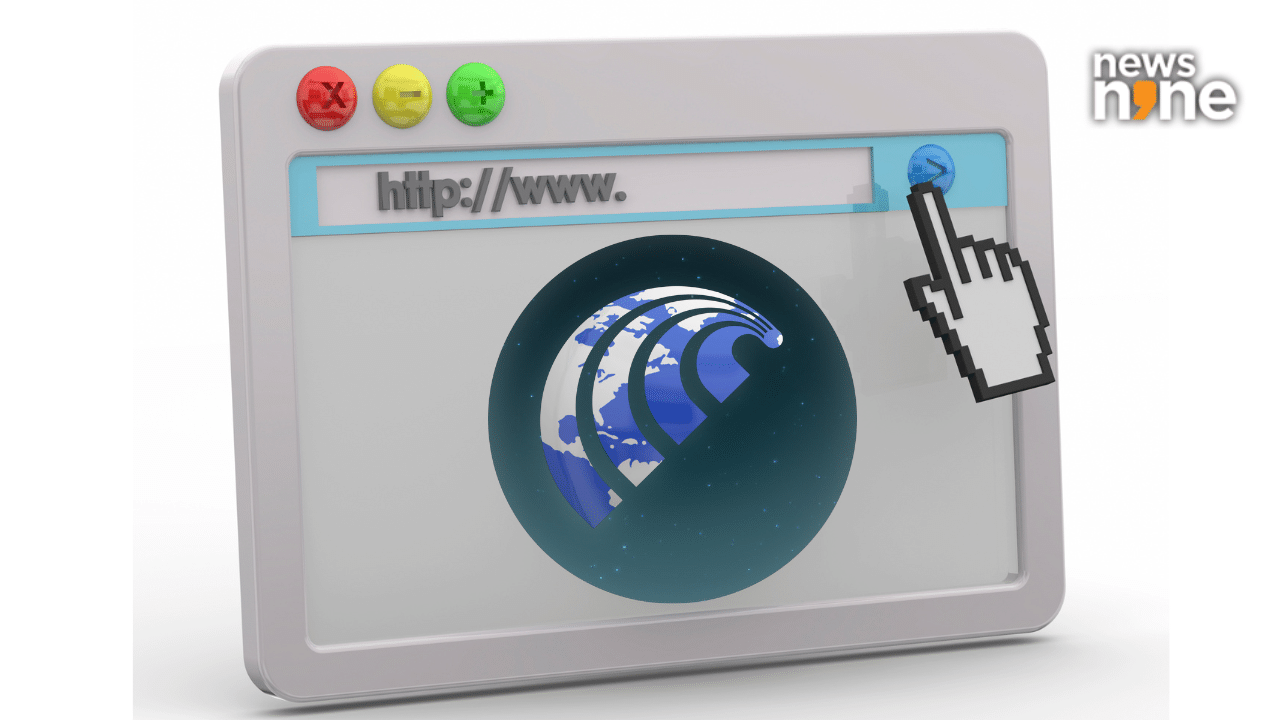New Delhi: Perplexity has launched a new AI-powered web browser called Comet, aiming to shake up the dominance of Google Chrome and Apple Safari. Announced on July 10, the browser is being rolled out to Perplexity Max subscribers, who pay $200 (around ₹17,400) per month, with an invite-only system for now. The company plans to expand access gradually over the coming weeks.
Built on Chromium, Comet blends search, browsing, and task execution into a single AI-powered experience. It comes at a time when regulators are closely watching Google’s monopoly in search and browsing, and startups like Perplexity see an opening. Comet positions itself not just as another browser, but as a new kind of digital assistant that turns browsing into conversation.
We’re excited to finally release our next big product after launching Perplexity in 2022: Comet. Comet is a browser that’s designed to be a thought partner and assistant for every aspect of your digital life: work and personal. pic.twitter.com/Ibzw8SCuhZ
— Aravind Srinivas (@AravSrinivas) July 9, 2025
What Comet does differently
The team behind Comet believes web browsers haven’t evolved fast enough. Even with faster connections and better design, users still juggle tabs, jump across apps, and waste time switching between tasks. Comet wants to change that.
At its core, Comet works like an intelligent assistant. You can ask it to compare products, book meetings, send emails, or even understand legal documents. It remembers what you’re reading, connects it to past activity, and turns casual curiosity into meaningful action.
Perplexity describes Comet as a shift “from browsing to thinking.” The idea is that your workflow becomes one smooth conversation with the browser, instead of a mess of tabs and half-finished searches.
I reached out to Chrome to offer Perplexity as a default search engine option a long time ago. They refused. Hence we decided to build @PerplexityComet browser.
— Aravind Srinivas (@AravSrinivas) July 9, 2025
Comet Browser: Privacy, AI integration
Comet also brings a privacy-first approach. It gives users three modes of data tracking, including a strict option where sensitive tasks like calendar use stay local to your device. That’s very different from Chrome, where data is often tied to user identity and monetized through ads.
Unlike other AI integrations that still rely on opening separate tabs or interfaces, Comet brings its assistant directly into the browsing session. You can highlight text on a page to ask for instant explanations or counterpoints. It’s a tool for people who don’t just consume information, they want to explore it.
Market shake-up or uphill climb?
Perplexity claims that Comet is built to handle serious workflows. The browser can automate repetitive tasks and even write responses or manage carts without leaving the current page. CEO Aravind Srinivas calls it “the next layer of the internet.” He even said he once pitched Google to make Perplexity the default search engine in Chrome, but they declined.
While Chrome still holds over 60% of the global browser market, Comet enters the scene with some momentum. Perplexity’s search tool now sees over 780 million queries per month, with growth at 20% month-on-month. That’s helping fuel the company’s plan to hit 1 billion weekly queries by the end of 2025.
There are risks. Early testers of Comet’s AI have reported issues like hallucinations and booking errors. Some features require calendar and email access, which not everyone may be comfortable sharing. But in a market long controlled by a few big names, a browser that actually thinks might be enough to get people curious.
